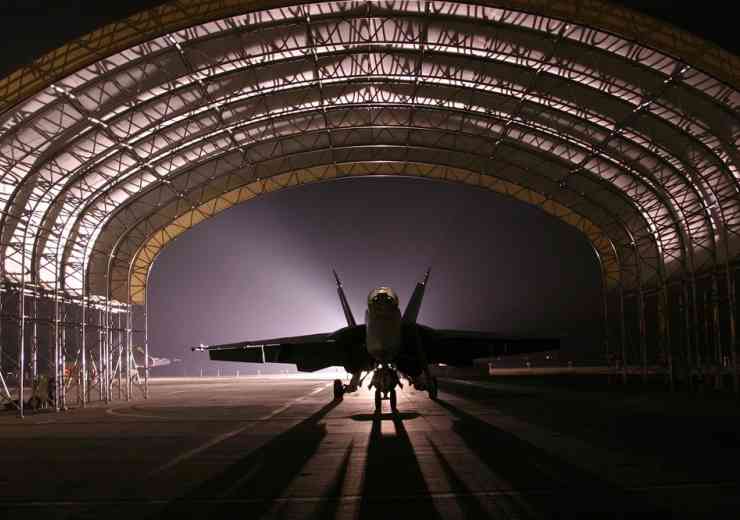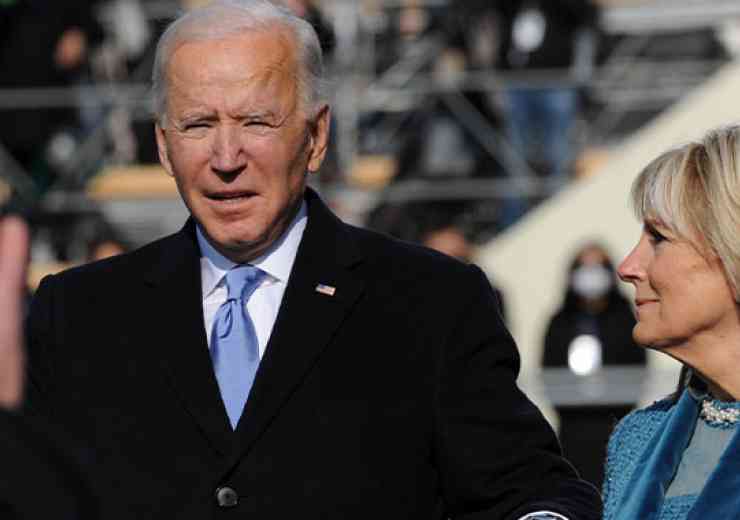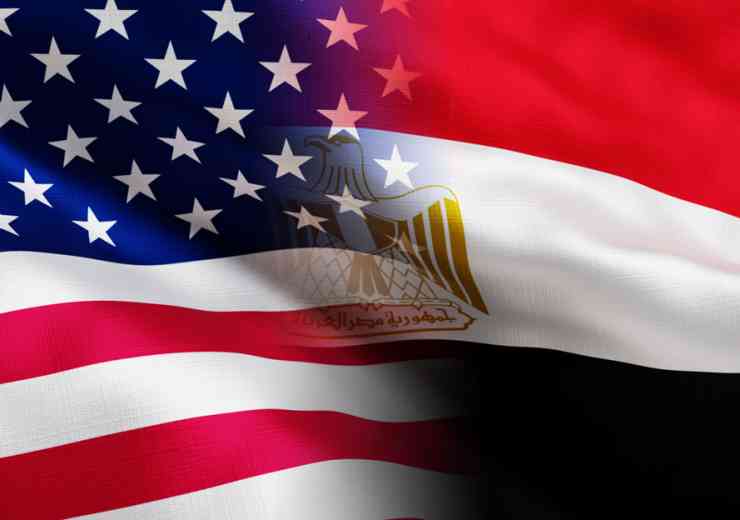Obama cautious on support for Iraq
The US is ready to provide military support for Iraq's efforts to halt a bloody insurgency by jihadist militants but it will not include troops and is dependent on the country's political leaders acting to resolve sectarian differences, Barack Obama said.
In a statement outside the White House, the American president said he would consider over the coming days a "range of other options" drawn up by military chiefs short of sending ground forces back to the country they withdrew from in 2011.
Britain, which has ruled out military intervention, might offer assistance with counter-terrorism expertise, Foreign Secretary William Hague announced.
Mr Obama warned the sweeping advance of fighters from the al Qaida-inspired Islamic State of Iraq and the Levant (Isis) could eventually pose a threat to US interests and that there was a need to be "vigilant" for the safety of US citizens overseas.
But, as the surge saw two towns north-east of the capital Baghdad fall to the control of the extremists who have already taken large areas of Iraq's Sunni heartland, including the cities of Mosul and Tikrit, he said the situation must be a "wake-up call" for Iraq's leaders.
"Any action that we may take to provide assistance to Iraqi security forces has to be joined by a serious and sincere effort by Iraq's leaders to set aside sectarian differences, to promote stability and account for the legitimate interests of all of Iraq's communities and to continue to build the capacity of an effective security force," he told reporters.
"We can't do it for them and in the absence of this type of political effort, short-term military action, including any assistance we might provide, won't succeed.
"So this should be a wake-up call: Iraq's leaders have to demonstrate a willingness to make hard decisions and compromises in order to bring the country together."
Mr Obama pointed to the "huge" financial and human sacrifices made by the US in Iraq in the eight years its troops were in Iraq after the US-led invasion to topple Saddam Hussein in 2003.
He said while the situation on the ground in Iraq was fast-moving, it would be "several days" before the US was ready to give its support to ensure any interventions "are targeted, they are precise and they are going to have an effect".
Repeating his clear message to Iraqi PM Nouri al-Maliki and other political leaders, he said: "The United States is not simply going to involve itself in a military action in the absence of a political plan by the Iraqis that gives us some assurance that they are prepared to work together.
"We are not going to allow ourselves to be dragged back into a situation in which, while we are there, we are keeping a lid on things and, after enormous sacrifices by us, as soon as we are not there suddenly people start acting in ways that are not conducive to the long-term stability and prosperity of the country."
Speaking after talks on Iraq with US secretary of state John Kerry in London, Mr Hague stressed that Britain has no intention of putting military boots on the ground in the country.
But he said that a team from the Department for International Development was now on the ground in northern Iraq to see what humanitarian help the UK can give, and made clear that Britain is also ready to advise the Baghdad administration on counter-terrorism efforts.
Mr Hague also urged Iraq's political leaders from different communities to unite in responding to the "brutal aggression against their country", and said that Britain would continue to press at the United Nations for a concerted international response.
Prime Minister David Cameron this morning spoke with the secretary general of Nato about the security situation in Iraq, but Downing Street stressed that the phone conversation with Anders Fogh Rasmussen did not relate to any possible Nato deployment of military resources in the region.
Downing Street said that the crisis in Iraq is also expected to dominate a meeting of the National Security Council chaired by the Prime Minister next week, which follows a cross-Whitehall meeting of senior officials to discuss the situation yesterday. Foreign Office minister Hugh Robertson has also held talks in London with Iraq's foreign minister.
Mr Hague said that Britain had three priorities in Iraq: "First of all to stabilise the situation. This is primarily the responsibility of the Iraqi security forces, working in co-operation with their civilian authorities, including the Kurdistan regional government.
"Secondly for Iraq's leaders to come together in a united response to this brutal aggression against their country. That requires their leaders to find ways immediately to put aside their differences, however strongly felt, and act together against the terrorism which threatens them all.
"Third, the half a million or more displaced people in the north who have been forced to flee Mosul and the surrounding areas need urgent support so that the humanitarian situation does not deteriorate further."
digital issue
























